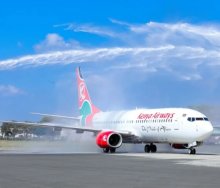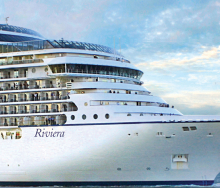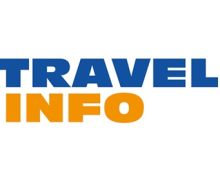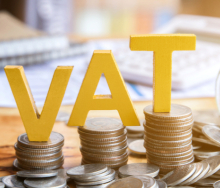FEWER than one in five
travel agents have an
understanding of New
Distribution Capability (NDC).
Roughly 46% have a limited
understanding of NDC, 25%
have no understanding of
the system and a further
15% have a misconception
of what the NDC is.
This is according to a
recent snap survey on eTNW
where we asked readers
about their concerns. We
attempt to address these
below.
A common misconception
is that the NDC is a new
platform that will replace the
GDS. The NDC is an XMLbased
data transmission
standard enabling airlines
to communicate offerings
to all their clients (whether
airlines or consumers) in
a consistent manner. The
NDC also allows for the sale
of airline ancillaries within
one workflow. It has been
launched by Iata.
The standard is open to
third parties, intermediaries,
IT providers and non-Iata
members. This means
that technology providers
can make use of the
standard within the GDS,
while airlines can also
make use of the standard
to make their content
available on their own direct
connections.
All three of the major
GDS companies are
becoming increasingly NDC
compatible. Both Sabre and
Amadeus are level-three
certified as IT providers
and NDC level-one certified
as aggregators. They are
expected to be certified
level three as aggregators
later this year. Travelport is
level-two certified as an IT
provider and was level-three
certified as an aggregator
last December. Level three
is the highest level of NDC
certification.
While the NDC is viewed
as a threat to GDSs, Kathy
Morgan, vp of Product
Management at Sabre Travel
Network, emphasises that
the NDC will not replace
the GDS and adds that
consistent feedback from
agencies at present is that
they do not want to invest in
the NDC, building their own
platforms, but expect GDSs
to drive this investment.
“They do not want to
become content integrators
because it’s a lot of work,
it’s very expensive and
it’s not what they want to
have to focus on.” However,
the NDC does change the
relationships between
agents, airlines and GDSs.
Should the NDC take
off, says Andrew Stark,
md of Flight Centre Travel
Group MEA, airlines would
decrease their distribution
costs, but GDSs and agents
are the ones that would
be left out of pocket. He
says this is because NDC
transactions present less
value to both parties.
TNW understands that per
segment incentives will not
be earned on NDC bookings.
Earlier this year, Travelport
announced a roadmap to
extend its content offering,
allowing agencies to access
traditional and NDC content
on Travelport’s platform in
a single workflow. At the
time, Claudette Thorne,
Travelport country manager
for Southern Africa, told
TNW that agents booking
on NDC connections on
the Travelport platform
would be exempt from
GDS surcharges. However,
whether bookings via the
NDC would go into an
agency’s bulk for GDS
agreements was still to be
confirmed.
Common concerns
among agents included
whether there would be
adequate training for
agents to use the NDC;
that booking through
the NDC would be more
laborious than current
bookings on the GDS; that
it would be more costly; and
that the NDC was a way of
bypassing agents.
Agencies that have
incorporated NDC
connections into their
booking systems, as
Tourvest has with Travelit,
say agents will not notice
a difference. Furthermore,
while NDC connections
will be pushed on airlines’
own platforms, these
connections will be available
to agents too.
Agents are still in the dark
09 May 2018 - by Tessa Reed
Comments | 0













